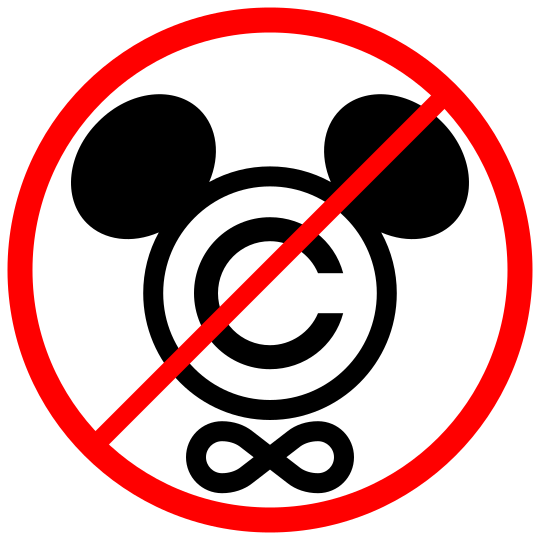Animators and the Law: Ideas
This is the first in a series of posts that take a look at just some of the many legal aspects of the animation industry.
What is an idea?
An idea is at the most basic level, a concept conceived by an individual or group of individuals. It can be a story, a character, a plot, a setting, anything that can be imagined can be considered an idea.
Ideas in the legal sense only really cover original ideas (for the most part). In other words, if you wanted to write a film based on the Titanic told from the story of two people called Jack and Rose who fall in love, well, that’s already been done, and James Cameron may have something to say about it. That does not make your idea illegal, but the execution of it is at a much higher risk of infringing.
How does the law safeguard ideas?
The short story is, it doesn’t, at least not under the vast majority of circumstances. Because an idea is considered a concept that is not fixed, it is therefore open to individual interpretation. As a result, your idea for a flying superhero squirrel will be different from my idea for a flying superhero squirrel.
This is where copyright law comes into play (and will be discussed in tomorrow’s post). If the idea is in a fixed form, i.e. a sketch on paper or an image on a computer, then it is covered by copyright. If it’s just a thought in your head, it is not covered, and can be taken and developed by anyone else.
This also includes verbal and visual communication, so if you describe an idea to me without having created anything, I am free to develop it myself using my own imagination.
When it comes to your idea, it is best to get it in a fixed form and then develop it. The law is quite explicit on this and a number of lawsuits have been thrown out because the plaintiff did not sufficiently prove that they had created the idea prior to the defendant.
When it comes to pitching to a studio, it is wise to have your idea fully developed (and registered with the copyright office if you are truly paranoid). There have been countless lawsuits over the years pertaining to stolen ideas. Two that come to mind include the original ‘Cars’ lawsuit and the ‘Kung Fu Panda’ lawsuit.
The latter is still developing but the former was tossed out when the court determined that Pixar did not infringe on the plaintiff’s concept, even though the two shared many similarities.
It is advisable to develop ideas into concepts as much as possible before presenting them. This counts for two-sheets and concept pitches too.
It is also advisable (and recommended) not to send ideas to studios unsolicited. Such cases are quite likely to create legal headaches for studios in that they may well be developing the idea you just sent them. As a result, many studios won’t accept unsolicited ideas anyway, so what’s the point?
So, to sum up today’s lesson:
- you cannot protect ideas, only executions of the idea
- develop your idea before showing it to anyone
In tomorrow’s post we will have a look at copyright in more detail and how it affects the animation business.
PS. Happy 4th of July! “What better way to celebrate the founding of your country than by blowing up a small part of it!”
Animators and the Law: Ideas Read More »

